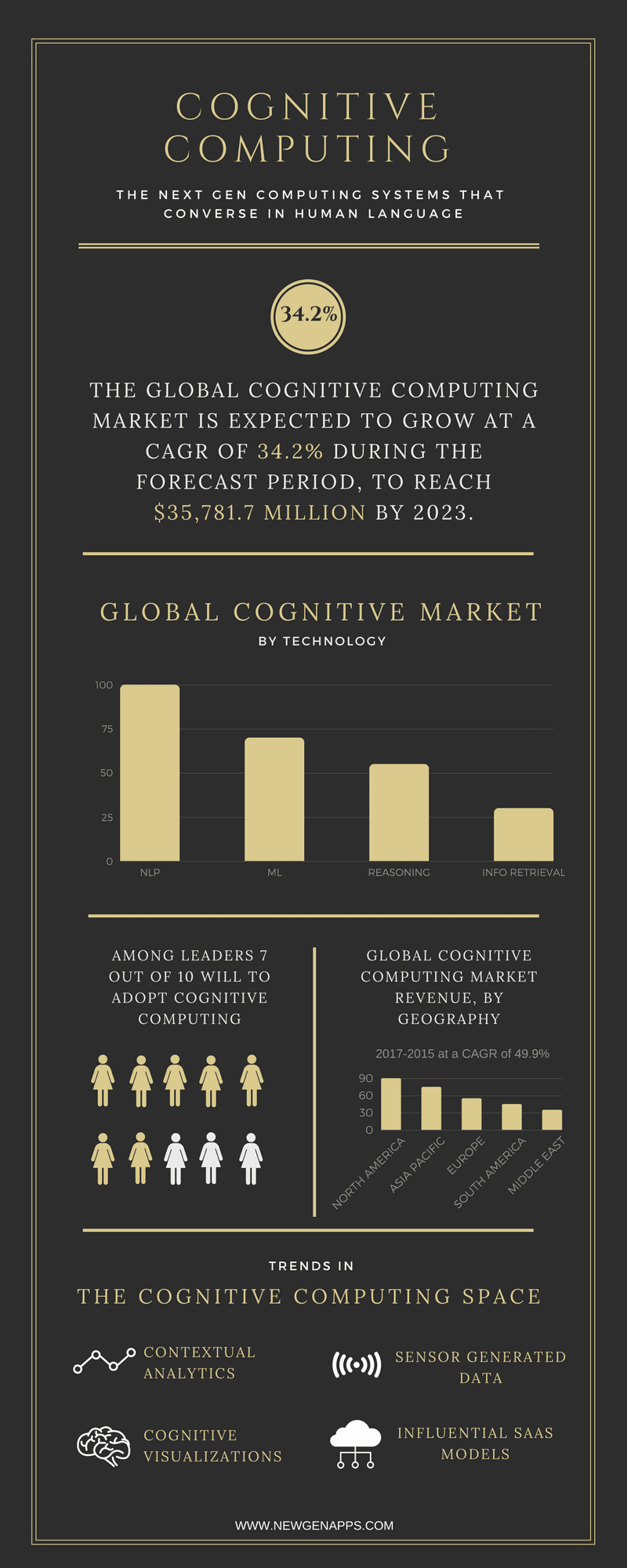There is a huge buzz around how Artificial Intelligence can replace people at their jobs. It is true that we have come a long way in cutting out routine work and this will continue this further. From manual labors to robots in manufacturing, bullocks to tractors in agriculture, abacus to supercomputers in IT, the examples are limitless. But have we come far enough to replace human intelligence? Theoretically yes but practically no. We saw Terminators and Darth Vader trying to take over the planet in the movies and made our fears out of it. We are far away from what needs to be achieved to make computers as intelligent as humans are. While some researchers believe that we are very close, others even say that it is not even possible. The arguments are strong enough to justify each but to make things clearer we have listed down the major points that can define the present scenario.
How far is Artificial Intelligence in Replacing You in Job?
Creating Artificial General Intelligence:
Right now we have designed artificially intelligent solutions that can perform one type of task. Be its self-driving cars, automated data entry systems etc. They can outperform humans in a specific task for which they are programmed. This is known as narrow artificial intelligence - intelligence focused on a very specific task.
Let's now take a look at what tasks AI is best at, when it comes to our everyday list of tasks.

Researchers are now aiming to create a general artificial intelligence (AGI). This intelligence focuses on making machines as intelligent as humans in a large portion of tasks. This is what we see in most of the science fiction movies like Star Wars and Terminator.
Read more: Future of Artificial Intelligence: 8 AI Stats on Role and Applications
Humans Vs. Digital Computers:

A human brain is different from digital computers. A digital computer includes a CPU, transistors (on/off switches), an OS and a binary logic. While a human brain consists of analog neural networks - a series of neural networks connected to a central control center i.e. brain. Fujitsu one the fastest supercomputer can operate at a speed of 10.51 petaflops or 10.5 trillion calculations per second. The total capacity of the human brain is 100 billion times 1,000 compared to the 2.3 billion transistors in an Intel Pentium Chip. Bridging this huge gap involves a lot of research and development which will take a long time. For now, we are not even sure whether it is achievable or not.
Read more: Top 11 Uses & Applications of Artificial Intelligence & ML in Business
The Buzz Around AI Safety:
Cyber security has become a major concern for every company around the world. The risks of a smart car or intelligently controlled plane getting hacked is very high. A major concern of researchers also lies in the threats AI will bring to the world. Automated weapons and targeted missiles can cause a huge unrest if they are hacked by black hat cyber experts. With advancement in intelligence, the risk also increases multifold. Because of this, it is important to ensure security along side working on improving AI technologies. This is also leading to holding on many new innovations due to the risks involved.
Conclusion:
As we have seen, artificial intelligence has huge potential but it is far from replacing people at their core job. People at jobs involving same work for a major portion of time like that of data entry operators are at a higher risk as it is easy to automate clerical tasks but to achieve human level consciousness will never be easy for any digital computer.




